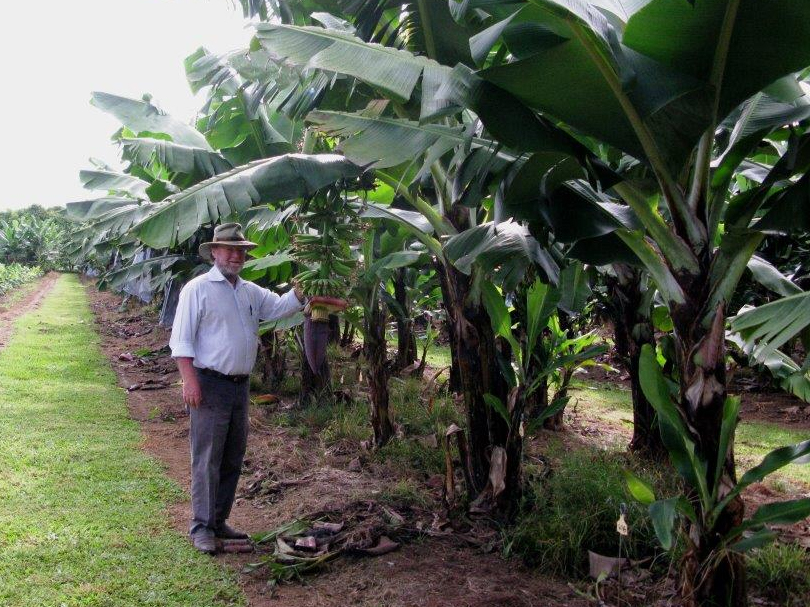'I am captivated by deep oceans, a world that can only be explored through ambitious dreams and sophisticated technology.'
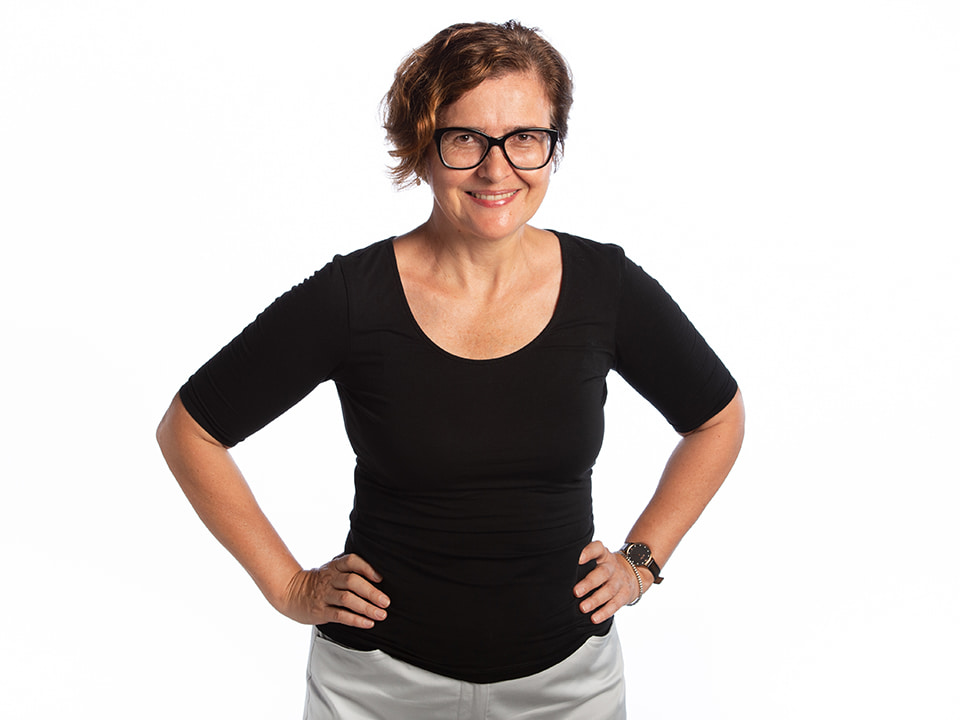
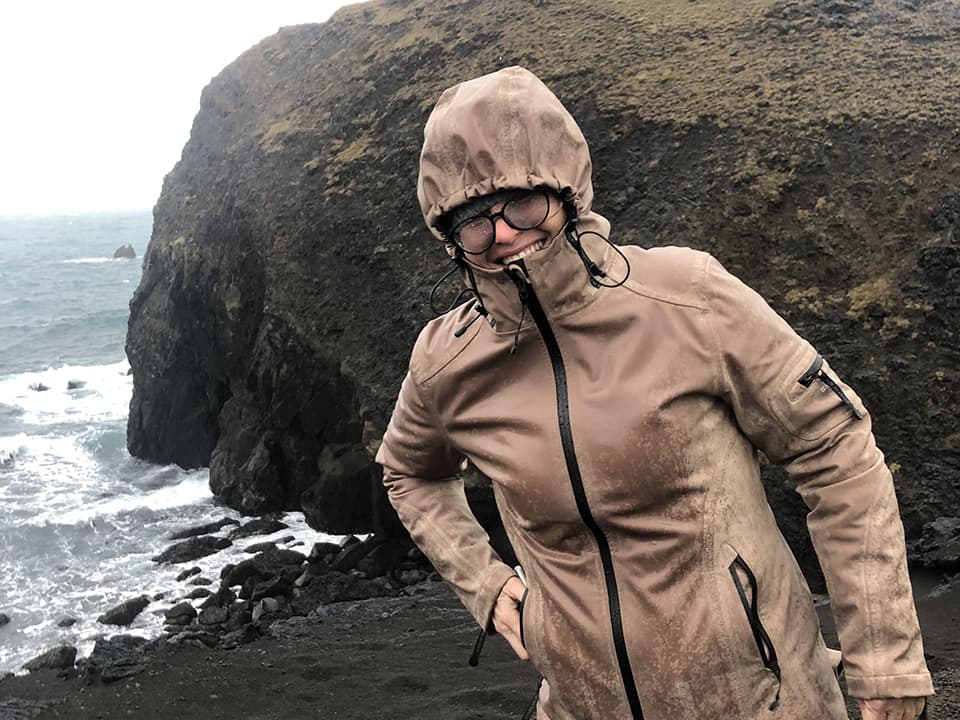
The spark
'As a kid, I religiously followed the Sunday morning TV documentary featuring the French ocean explorer Jean Jacques Cousteau, and my favourite book remains “20000 Leagues under the Sea” by Jules Verne.'
Research aim
'I study how global oceanic basins form, evolve, and contribute to changes in our planet's climate and life.'
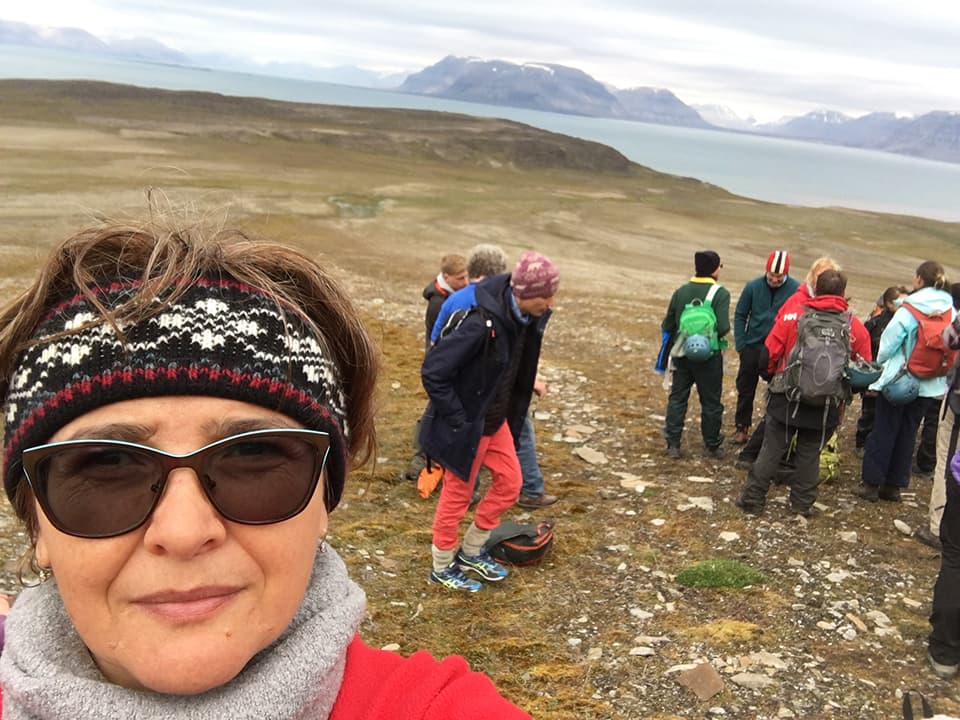
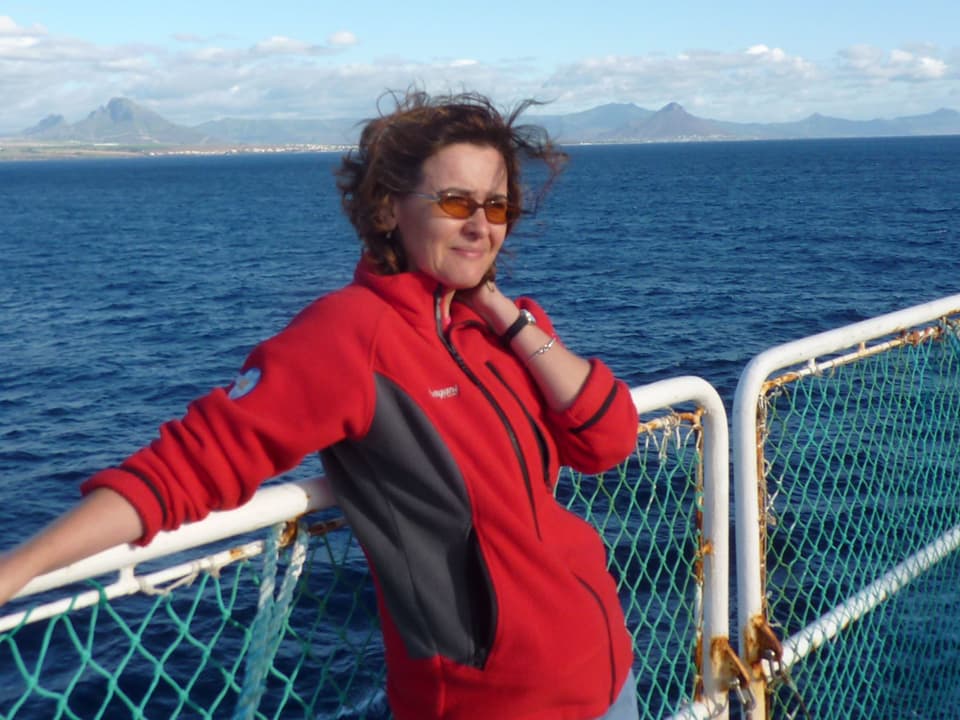
Real-world implications
'Although we experience rapid variations in the global environment and climate, we need to understand how and why Earth is changing in time and space at different scales. The role of oceanic basins in understanding the causes for sea-level changes, natural hazards and in assessing new natural resources is crucial, in particular for a country like Australia with a marine jurisdiction almost two times larger than its land area.'
The challenge
'Research in deep oceans is frontier science and, like space exploration, requires sophisticated, expensive research infrastructure. Fortunately, Australia has access to some of it, but it needs more community effort and engagement to ensure access to relevant and state-of-the-art technology. Importantly, we also need to get the right balance between collecting observations and data and preserving the pristine environment.'
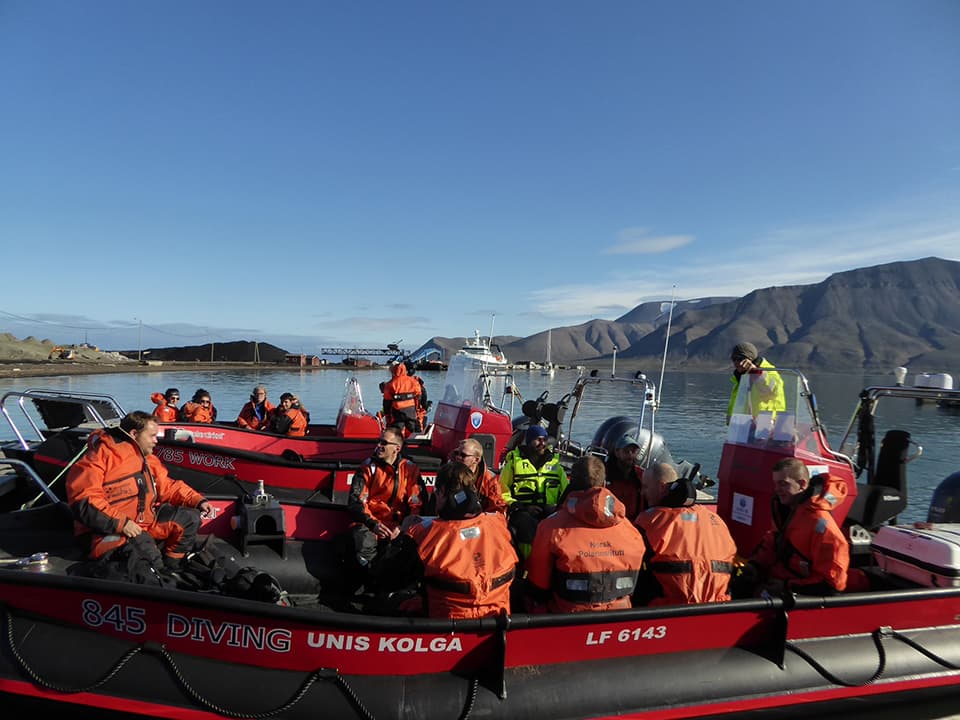
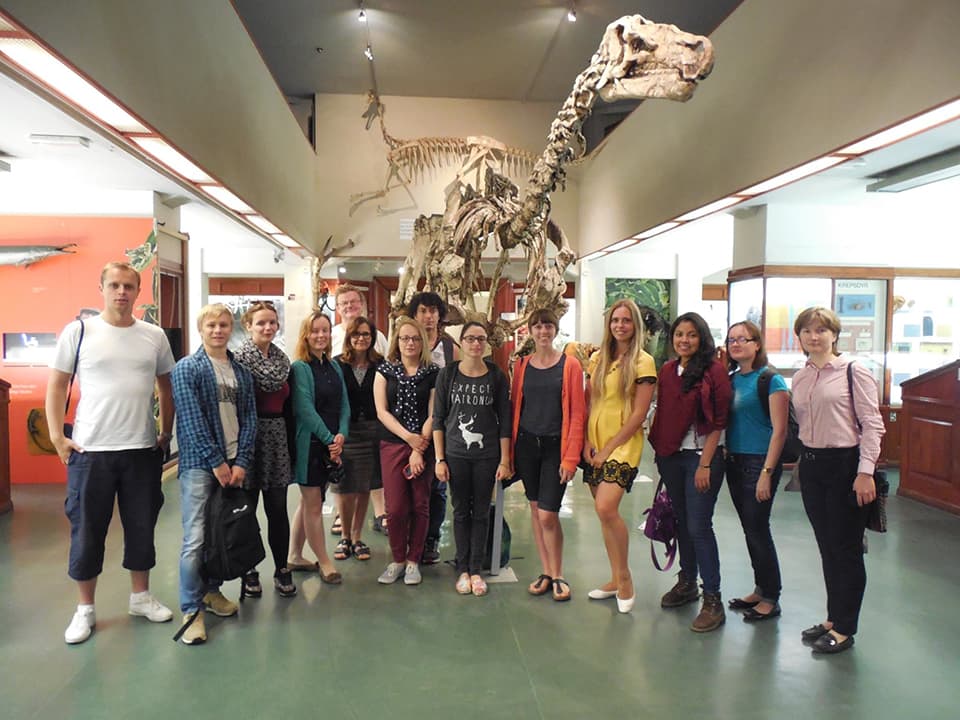
Teaching
'Humankind evolved because of its ability to transfer and improve knowledge from one generation to another. Especially in a rapidly changing world, the direct interaction with students, or any person interested in science and learning, is crucial and important as it is a two-way learning. We see how the perception of the world transforms by looking at it through our student’s eyes. At the same time, it is a privilege to share my knowledge and enthusiasm with somebody who plans to continue the work started by my generation.'
Key achievements
- Twenty-five years of work documenting the life of global oceanic basins and their role in climate change and glaciations.
- Mentoring young scientists and students by initiating and conducting projects and international summer schools with a polar regions and Arctic ocean focus.
Key collaborators
'Collaboration is key in my research; it is impossible to work alone due to the vastness and complexity of the topic. I rely on both national and international collaboration with people and groups who have access to marine infrastructure or knowledge of the deep Earth, oceans or atmosphere. My expertise modelling the oceanic basin evolution and experience with data in polar regions is particularly valuable for collaboration.'
- Geoscience Australia (Canberra)
- The Institute for Marine and Antarctic Studies (Hobart)
- University of Bergen (Norway)
- University of Iceland
- Alfred Wegener Institute (Germany)
- Dublin Institute of Advanced Studies (Ireland)
- GFZ (Potsdam)
- CNRS (France)
- Institute de Physique du Globe (France)
- University of Texas at Austin (USA)
- University of Alaska (USA)
- Geological Survey of Norway
- Geological Survey of Canada
Key publications
- Straume, E. O., Gaina, C., Medvedev, S., K. Hochmuth, K. Gohl, J. M. Whittaker, R. A Fatah, J. R. Hopper, 2019, GlobSed: Updated Total Sediment Thickness in the World's Oceans, Geochemistry, Geophysics, Geosystems, DOI: 10.1029/2018GC008115
- Gaina, C., S. Medvedev, T. H. Torsvik, I. Koulakov and S. C. Werner, 2014, 4D Arctic: A Glimpse into the structure and evolution of the Arctic in the light of new geophysical maps, plate tectonics and tomographic models, Surveys in Geophysics, DOI:10.1007/s10712-013-9254-y
- Brown, B., Gaina, C., and R.D. Müller, 2006, Circum-Antarctic Paleobathymetry: illustrated examples from Cenozoic to Recent times, Palaeoceanography, Palaeoclimatology and Palaeoecology. Special Edition on Antarctic Climatic Evolution (eds. P.Barret and F. Florindo), 231, 158-168
